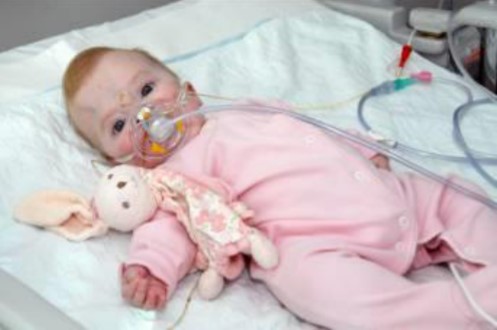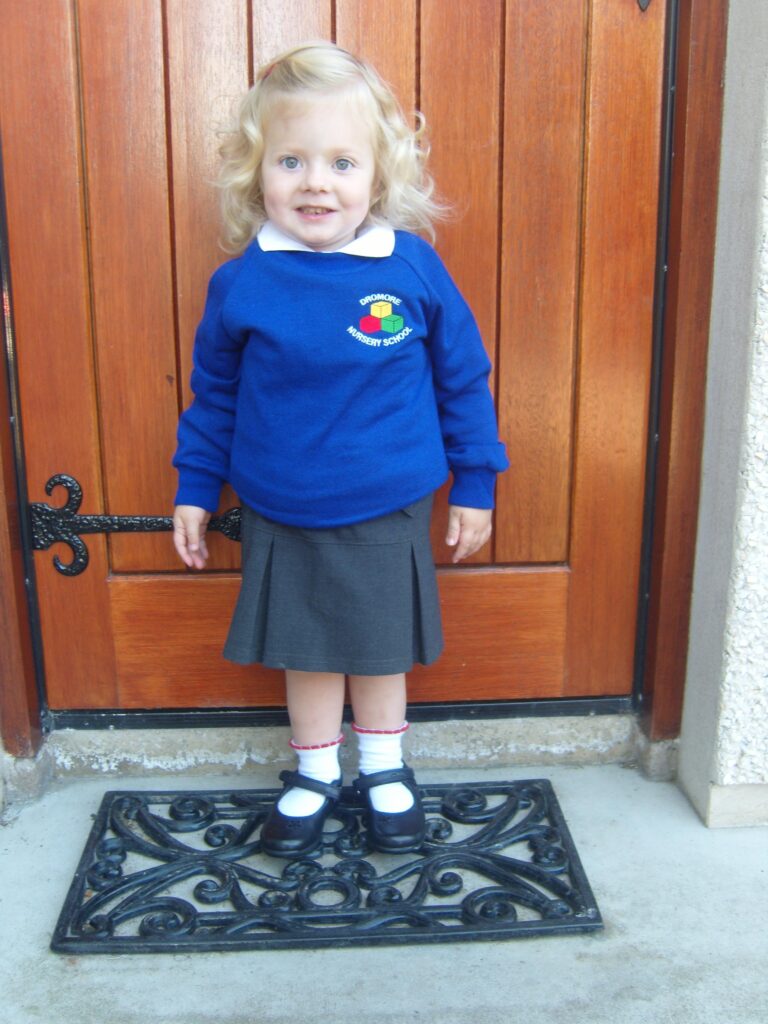“I was fascinated by the idea that one small genetic change could create a rare and untreatable disease that could completely change a person’s life.”
When Dr. Cheryl Rockman Greenberg first stepped into a lecture hall at McGill University, she had no idea that her life – and the lives of countless children and adults – would forever change.
Initially pursuing physical therapy at McGill University in 1967, Dr. Greenberg was driven by a deep curiosity about science and medicine. Her decision to switch to a Bachelor of Science was cemented during her first lecture on metabolic genetics, delivered by two pioneering doctors, Dr. Clarke Fraser and Dr. Charles Scriver. That moment ignited a passion that would lead to groundbreaking advancements in pediatric care, including a drug to help treat a fatal condition.
In 1979, Dr. Greenberg moved to Winnipeg to begin work at Manitoba’s Children’s Hospital as a clinical geneticist. Her focus was on rare genetic disorders, specifically hypophosphatasia (HPP), a condition that impairs the calcification of bones and teeth. This disorder, which has a higher prevalence in Manitoba’s Mennonite communities, was very often fatal in young infants.
“Their bones were very weak, and their breathing was severely compromised,” says Dr. Greenberg.
Determined to find solutions, she took a leave from clinical practice to work directly in the lab from 1984 to 1986 to study this and other genetic conditions.
She was among researchers who were instrumental in studying a groundbreaking drug, ENB-0040, which showed promise in improving skeletal mineralization in infants and children affected with HPP. Manitoba became a hub for these critical clinical trials, with collaboration among Children’s Hospital Research Institute of Manitoba (CHRIM), U of M, government, health authorities, and generous donors who recognized the power of research.
“Research is not just scientific curiosity—research findings lead to improved health care and change people’s lives,” says Dr. Greenberg.

In 2008, the world witnessed the impact of this research. Baby Amy, born in Ireland with infantile HPP, was flown to Winnipeg to be the first infant in the world to receive the experimental enzyme replacement treatment. At that time, survival rates for infants with HPP were less than 20 per cent. This enzyme therapy (now called Strensiq) allows newborn babies with HPP to fight and survive. With enzyme replacement treatment, it also gives older children with HPP with less severe but still debilitating bony ailment a new lease on life – some in wheelchairs or using other mobility aids can then walk pain-free and participate in childhood activities they previously could not.
Today, Amy is a vibrant 16-year-old who still sends thank-you cards to Dr. Greenberg, a living testament to the life-changing power of health research.

“Whether you think of insulin and new treatments for diabetics, remarkable improvements in cystic fibrosis survival and quality of life, improved surgical techniques for children, or the development of new drugs that treat rare conditions, every single advancement in medicine starts from research,” Dr. Greenberg emphasizes. “Our goal is to ease the burden of patients. Donors truly help researchers impact lives.”
Now a Distinguished Professor in the Department of Pediatrics and Child Health, Dr. Greenberg continues to be a driving force in the world of metabolic genetics. She is an advocate for equal access to genetic services, research opportunities and new drugs for rare hereditary metabolic disorders regardless where the patient lives in Manitoba. She is inspired by the advancements in technology that are accelerating discoveries and is optimistic about the future.
“We can now harness the technology tsunami upon us,” she says. “But the job is not done. There are many other patients we still need to help.”
Stefano Grande, President and CEO of the Children’s Hospital Foundation of Manitoba, underscores the importance of continued donor support for research done right here at the Children’s Hospital Research Institute of Manitoba.
“Manitoba has some of the best researchers in the world making a major impact on social determinants of health, as well as critical advancements in diabetes, Indigenous health, allergy care, immunology and more,” says Grande. “Funding now will result in incredible differences for kids in five to ten years. Donors giving to child health research right now will be part of the next big breakthrough that saves kids’ lives.”
Dr. Greenberg is a firm believer that research is the nucleus within the circle of health care support for patients. Her 46 years of service in Manitoba stand as a testament to the power of perseverance, innovation, and collaboration.
“Every day, I see something I have never seen before,” she says. “Donors play an essential role in helping researchers continue to impact lives.”
Through her pioneering research and the generosity of donors, Dr. Cheryl Rockman Greenberg has transformed the landscape of pediatric health care, proving that funding research today saves lives tomorrow.
Please give to child health research with a donation to goodbear.ca/research.
Stay in touch!
Sign up for e-news to get updates on the latest events, news, and stories.
sign up for the newsletter